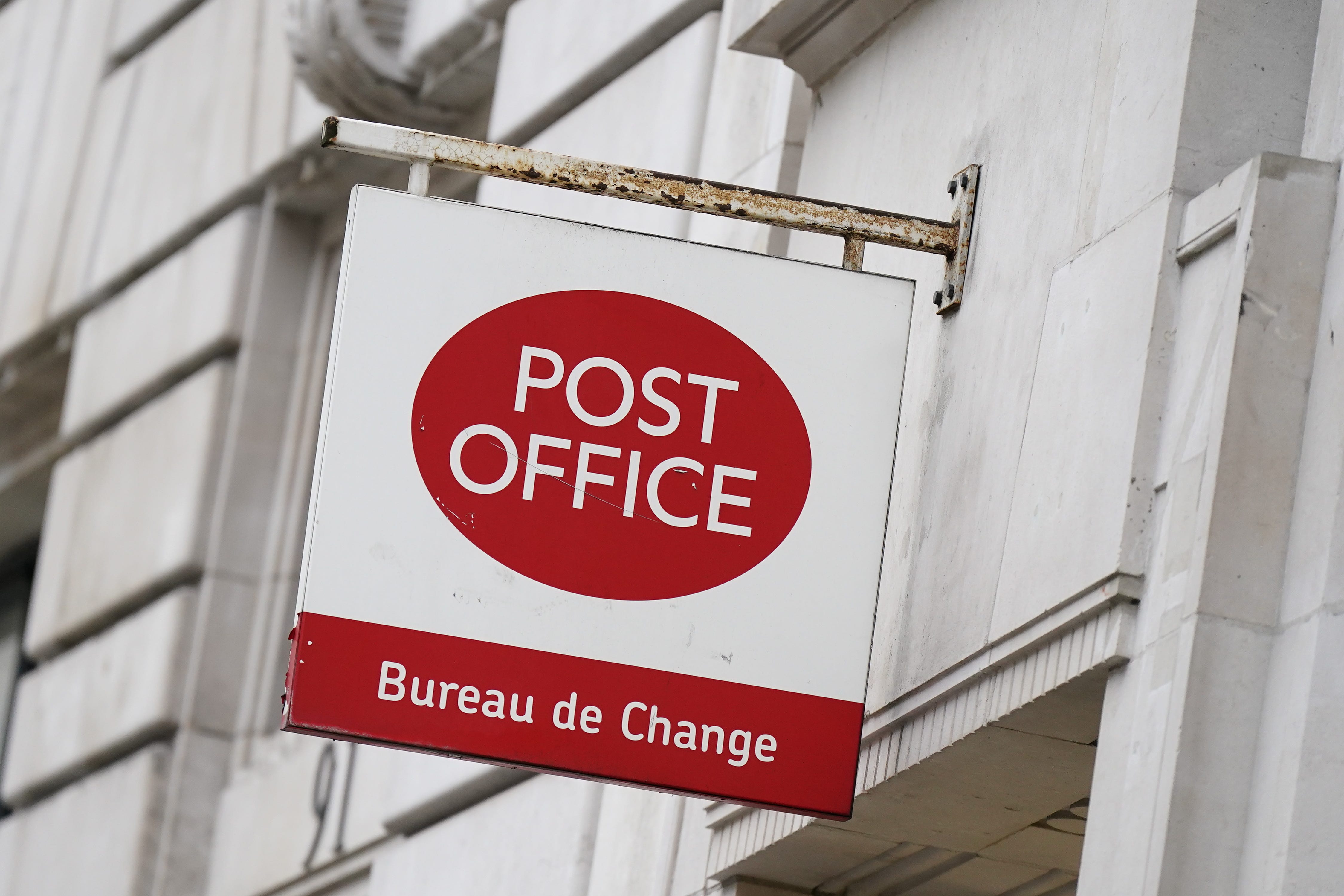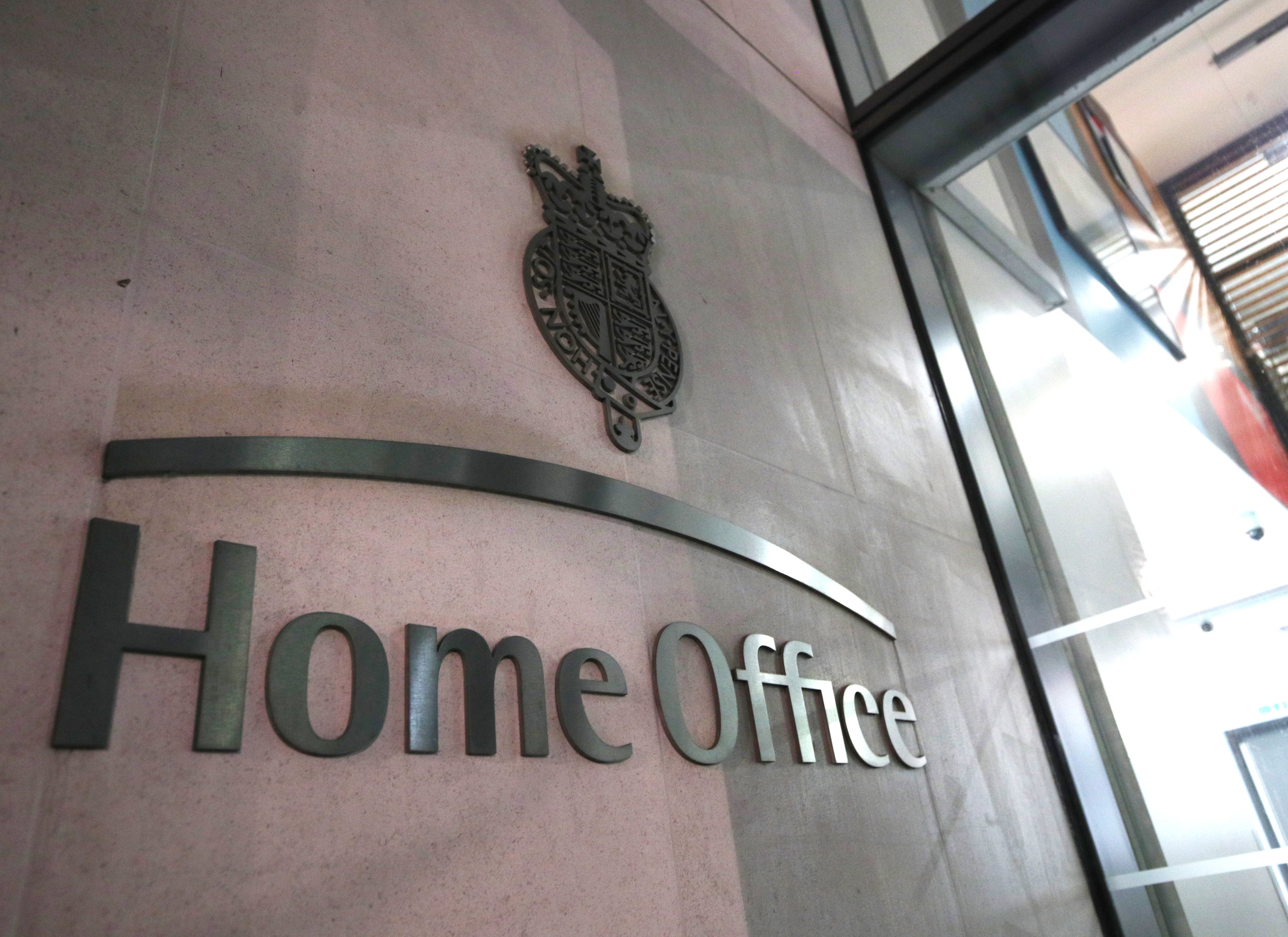Urgent call for new public body to handle state scandal compensation schemes in wake of damning report
‘These people have been failed by the state and it is unacceptable that schemes designed to compensate them are further adding to the damage already caused’

An independent body must be set up to handle compensation schemes for UK state scandals to stop causing further distress for victims, experts have said.
People affected by the Windrush and Post Office scandals are being re-traumatised by the schemes designed to offer redress, according to researchers from King’s College London.
Shaila Pal, director and a supervising solicitor at King’s Legal Clinic, who carried out that research, said victims’ voices are not currently being heard.
“These people have been failed by the state and it is unacceptable that schemes designed to compensate them are further adding to the damage already caused,” Ms Pal said.
“Their experiences are often marginalised, schemes are inconsistent, the compensation offered feels inadequate and many told us they find the whole process traumatising.
“We need a system that is fair, collaborative, swift and compensates people fully and appropriately for the serious harms they have suffered.”
They are calling for a new public body to ensure fair and independent outcomes for victims and for compulsory guidance to be introduced for setting up inquiries.

It comes amid ongoing calls for the Windrush Compensation Scheme to taken away from the Home Office and run by an independent body.
In April, Human Rights Watch branded the scheme “hostile”, “not fit for purpose” and places an unfair burden of proof on claimants to show they faced life-altering losses when they were misclassified as illegal immigrants.
The Home Secretary and other ministers have received copies of this new report by King’s which is based on insights shared at a recent roundtable involving victim advocates, lawyers and academics.
It also references research into the Windrush, Post Office and infected blood scandal that alleged weakness and structural failings in all existing compensation schemes.
On the general election campaign trail, Labour leader Sir Keir Starmer acknowledged that justice for Windrush scandal victims is taking too long - and the party has previously pledged to set up an independent Windrush Compensation scheme.
In March, MPs discussed the delays and problems with compensation in a number of miscarriages of justice, including the Post Office Horizon scandal, the infected blood scandal, the Windrush scandal, and pension inequality for Waspi women.

Jason Evans, director and founder of blood scandal campaign group Factor 8, said: “Thanks to the excellent work of Sir Robert Francis KC and Sir Brian Langstaff, fair compensation now appears in sight for victims of the infected blood scandal.
“However, getting to this point has taken far too long, and I have deep sympathy for all the other campaigns that continue to fight for recognition of their loss and suffering.”
The new report from King’s College echoes findings from the National Audit Office in July which found found there was no central coordinated approach when the government set up new compensation schemes, resulting in a relatively slow, ad-hoc approach.
It also follows a report by the All-Party Parliamentary Group on Fair Business Banking, published in February, which identified systems issues in the administration of redress schemes.
A government spokesperson said: “We remain absolutely committed to righting past wrongs and working to ensure justice is delivered for victims.”
Join our commenting forum
Join thought-provoking conversations, follow other Independent readers and see their replies
Comments
Bookmark popover
Removed from bookmarks